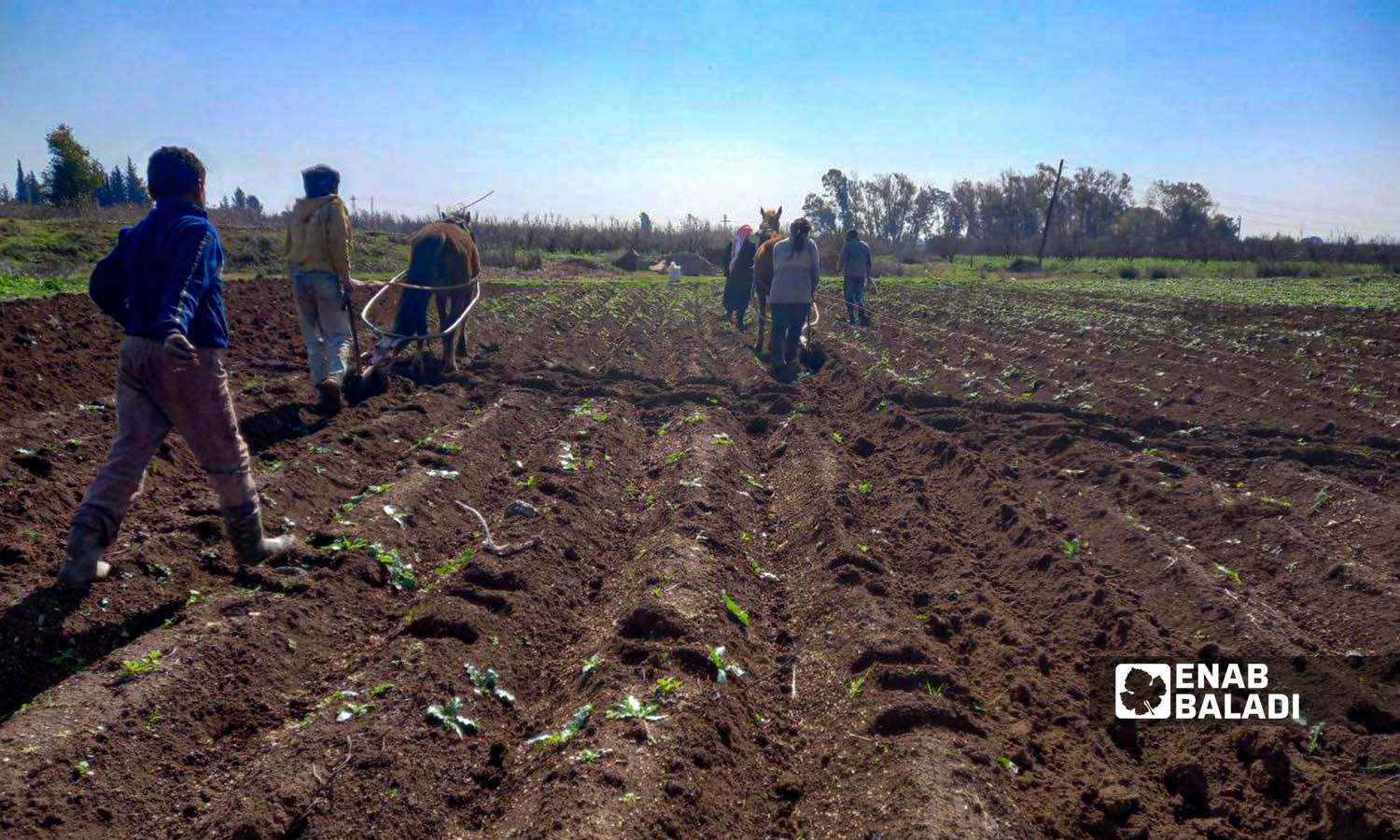
High fuel prices bring Daraa farmers back to manual plow

Daraa – Halim Muhammad
In one of the pomegranate orchards in the western countryside of Daraa, Mohammad walks holding a horse-drawn plow, a primitive method that the farmers had long forgotten had it not been for the challenging conditions in the country.
Mohammad, 26, who declined to be named for security reasons, resorted to the old method of relying on the horse to till his ten dunums to save tillage costs in light of the soaring diesel prices and the high costs of renting an automatic tractor.
Diesel exhausts farmers
In early July, the price of one liter of diesel rose to 6,500 Syrian pounds, contributing to higher agricultural production costs, as in the case of other sectors.
Mohammad told Enab Baladi that the owners of tractors, sprayers, and various agricultural machinery continue to raise their prices while justifying it with the increase in the price of diesel.
Plowing a dunum of land costs 50,000 Syrian pounds, while the agricultural medicine sprayer costs 40,000 pounds. Transporting vegetables from Daraa to the al-Hal market in Damascus costs 500,000 Syrian pounds, which far exceeds the expected profits that Mohammad and hundreds of farmers could earn.
Regular tractors whose owners are covered by the “smart card” system receive subsidized diesel allocations at 580 per liter. However, owners of tractors and transport vehicles are paid by farmers according to the “free” price of diesel, Mohammad said.
“A step back”
Daraa’s farmers were not expecting to return to the old traditional farming methods. Mohannad, 35, a resident of the western countryside of Daraa, told Enab Baladi, “I resorted to plowing with a horse because I was unable to pay the cost of renting a tractor.” Although cultivating the land on the tractor or with a “hoe” is technically better because of their ability to turn the soil better and eliminate weeds, he deemed it a “step back” in the agricultural sector.
In another scene, Hani, 25, carries a hand pump on his back to spray olive trees instead of using the sprayer.
Despite warnings from agricultural engineers that the medicine will not reach all the foliage, hand sprayers have become a way to save on production costs, according to Hani.
For his part, Saleh, 40, an owner of a horse that he rents to farmers to plow their land, said that farmers’ dependence on animals to cultivate their lands had increased significantly.
Saleh added that he is paid about 15,000 pounds for the tillage of one dunum, noting that it is expensive to care for the horse.
Fuel arrived, situation remains the same
Diesel prices continue to rise despite promises to provide it and reduce its prices in conjunction with the arrival of oil supplies.
On 29 June, the Director of Operation and Maintenance at the Syrian Company for Storage and Distribution of Petroleum Products (Mahrukat), Issa Issa, considered that the distribution of oil fuels in Syrian regime-held areas had begun to improve “gradually.” This was refuted by the farmers and the people to whom Enab Baladi had spoken.
On 4 July, two oil tankers arrived at the port of Baniyas as part of the new Iran-Syria credit line, according to Samir, an activist interested in checking military maps in Syria.
On 29 June, a source from Baniyas port stated that a new oil tanker would soon arrive at the port, to be the fourth oil tanker to arrive within one month.
if you think the article contain wrong information or you have additional details Send Correction
النسخة العربية من المقال
-
Follow us :
Most viewed
- Printing Syrian currency in Europe... A file on the table
- Complex steps to establish new Syrian army
- Books make a comeback in Damascus libraries after being banned under Assad
- National Security Council in Syria: A necessity imposed by reality
- SDF-Damascus agreement in Aleppo: A test balloon for broader consensus

















 A
A
A
A
A
A



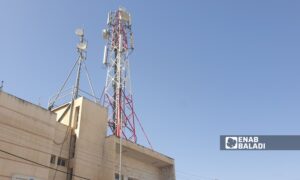

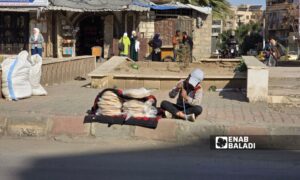
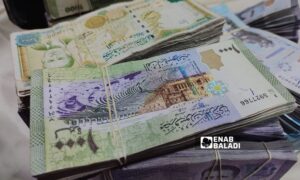
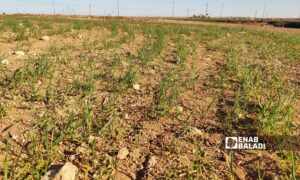
 More Economic Reports
More Economic Reports